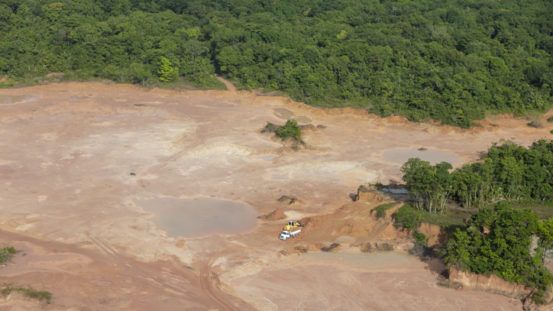Despite greater data disclosure as a result of investor and customer demand, only 1% of companies are demonstrating best practice when it comes to deforestation, a new CDP report has found, despite more than $50bn of risks.
A report titled The collective effort to end deforestation looked at 553 companies across seven commodities – a 27% increase in companies disclosing forests impact data from 2020. But it found a total $53.1bn of risks from deforestation, with companies estimating it would cost a fraction of that – $6.6bn to address these.
It also found just four companies to be showing best practice: Essity, L’Oréal, Mars and TETRA PAK.
Magnus Groth, CEO and president of Essity said: “As a global hygiene and health company providing products and services to hundreds of millions of people every day, Essity has a responsibility to contribute to a positive change in the fight against forest degradation and deforestation.
“We are committed to sourcing fresh wood-based fibre originating from responsibly managed and certified forests and will continue to work together with both suppliers and customers to reduce our environmental impact”.
See also: – Forestry firms, funds and projects for International Day of Forests
The report assessed companies against 15 key performance indicators including board level oversight; setting a robust public policy on no-deforestation; ambitious targets; a robust system to control, monitor and verify compliance with related policies; and engaging suppliers on sustainable production methods.
Overall action is too low, but 93% of companies analysed are now taking at least one industry-accepted measure to protect forests, such as having board-level oversight of forest-related issues by key decision-makers. CDP said this is welcome but not enough to end deforestation.
Sareh Forouzesh, associate director of forests at CDP said: “We’ve lost 10 million hectares of forest every year since 2015. The destruction of the world’s vital forests poses huge risks to the climate, nature, the economy, and also increases the risk of future pandemics, as human activity encroaches on wildlife habitats and comes into contact with zoonotic viruses. The risks are great, but there is a solid business case for companies sourcing commodities sustainably and taking steps to protect forests. A handful of companies are leading the way – now we need all their peers to follow.”








